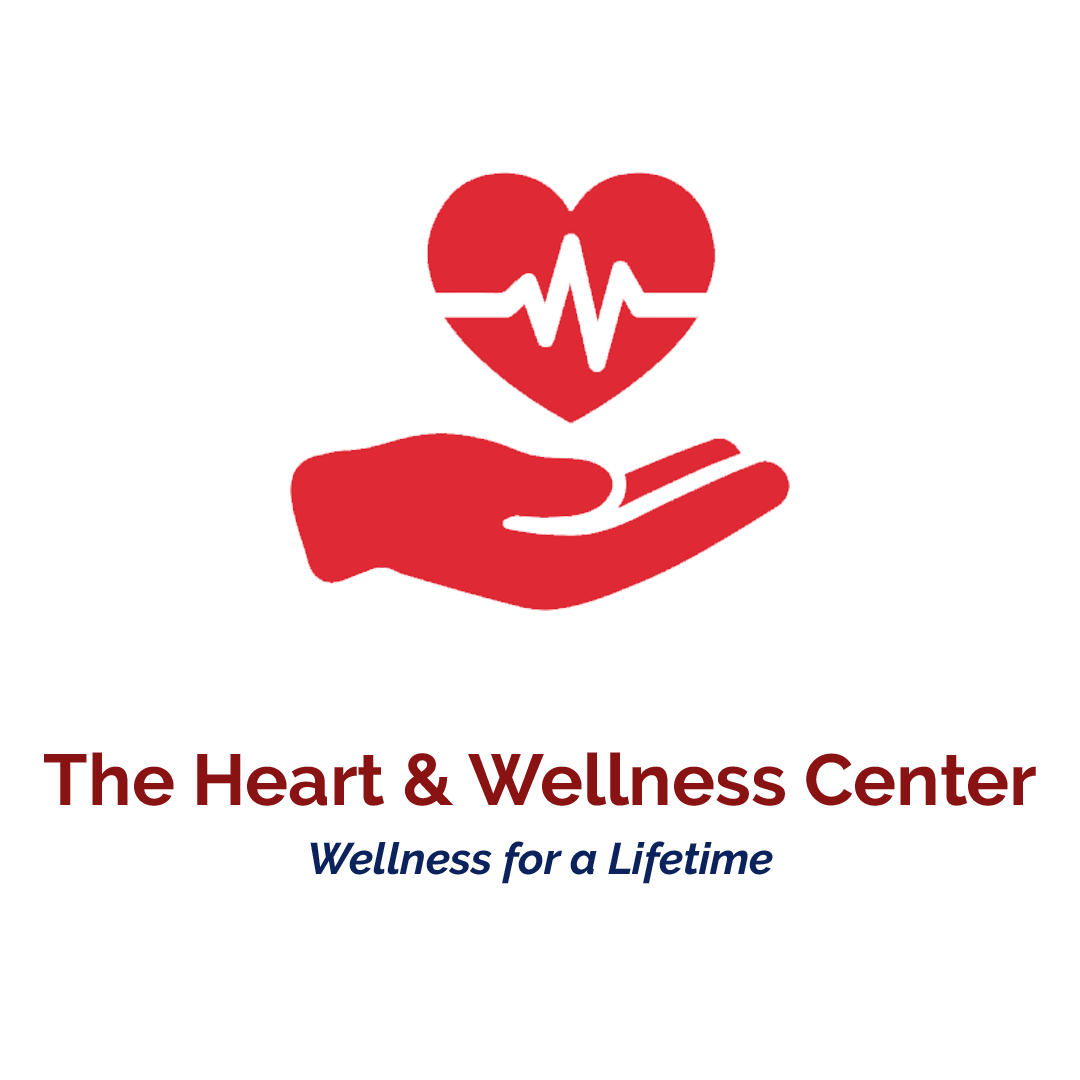43 yo male briefly looses consciousnesses while taking a long hot shower. A slight dizziness sensation and partial tunnel vision preceded the event and then lights out. He regains awareness as he feels a crushing sensation (and sound) in his face and nose. He is taken to the ED by some awesome EMS personal and is diagnosed with an open fracture of three of his nasal bones. He undergoes emergent reduction of the fractures and has the laceration sutured.
I must have heard a similar story at least a dozen times; a person is taking a hot shower, feels light headed and wakes up in a pool of blood from a head injury. Fainting at the sight of blood being drawn, fainting on a hot day in church, a soldier faints during standing drills, a woman faints doing laundry. All, otherwise healthy individuals, passing out with very diverse provocative factors.
The Syndrome is called “Vasovagal Syncope” or “Neurocardiogenic Syncope”.
I usually explain it as a miscommunication between the brain and the body..ie the heart and vascular system.
But the physiological reason is actually way more complex and is mediated mainly by a remarkable cranial nerve, The Vegas nerve!
Sorry, the VAGUS nerve!

Much like Las Vegas, this nerve is responsible for a lot of organ function and dysfunction!
The nerve, which is the largest and most complex nerve in our body, exits the brain behind the ear and continues to innervate structures in our throat, through chest(including heart, lungs and aorta) all the way down to our abdomen to our intestines.
It is a truly remarkable nerve which ingeniously connects otherwise unrelated organ system both to one another and to our perceived mental state. Oh, and allows speech to occur!
It’s primary function is to synchronize and deliver parasympathetic impulses to counteract the sympathetic or “stress” impulses constantly bombarding our body and mind.
So if a person feels scared, say by a political figure, our body’s response is to prepare for battle, the so called “fight or flight” response. This involves increasing heart rate and blood pressure, narrowed vision (looking for exits), “skin crawling” or piloerection and sphincter constriction (so we don’t pee or poop ourselves).
So the Vagus nerve steps in after (or during) the stressful event and undoes the above. So heart rate and blood pressure are lowered, skin is dilated, bowel function can resume and sphincters are released!
This process happens automatically but, I believe, when the underlying stress has been ignored for too long the response from the Vagal nerve becomes excessive. So rather than normalizing the elevated blood pressure, hypotension or excessively low blood pressure occurs. The same thing occurs with the heart rate becoming too low and In both cases or a combination of both syncope occurs…ie the person collapses
The typical scenario goes like this someone standing or sitting for a long time, stress has likely accumulated in the body and activates the Vagus nerve which overcompensates by lowering heart rate and drops blood pressure causing syncope.
The hot shower is a common place as well because the heat has already cause a lot of the blood to be shifted to the superficial tissues (a mechanism the body uses to cool down). With less blood available in tank sort of speak, even a slight dip in blood pressure can cause syncope.
The good news.
Vasovagal syncope is rarely a fatal or a deadly condition and usually can be avoided. Obviously, long hot showers should be avoided, lol. When the preceding symptoms are perceived ie the dizziness, tunnel vision, lightheadedness, one should try to sort themselves out as soon as you feel the symptoms. If they are a standing, try to sit and if it happens while sitting then lay down until the feeling passes and slowly get up. Sometimes when a person who has low blood pressure at baseline, we prescribe a medication to elevate it so they can have a larger buffer to avoid syncope. In rare circumstances, if the patient is having a lot of low heart rate related syncopal episodes, a pacemaker may be indicated.
What s definitely indicated is a thorough analysis of ALL life stressors and daily meditation time period, especially when under enormous stress. The controlled and conscious breathing and dedicated stillness retrains the Vagus nerve, rehabilitating it’s parasympathetic outflow thereby consciously reducing stress and making it less likely to over compensate.
But don’t sit for too long!
This has been confined with studies brain scans showing less stress with meditation and less circulating stress hormones in blood studies.
Exercise also has a big role. When we move our body intentionally to make it do work, we not only get “cardio” but we also re-establish our mind body connection. The brain thinks “hey I’m running now”, one FEELS the heart rate is appropriately going up, “feels good”, and now I’m finishing and my heart rate is going down. Exercise is by far the best way to reacquaint your brain back to your body and to avoid further miss understandings!


